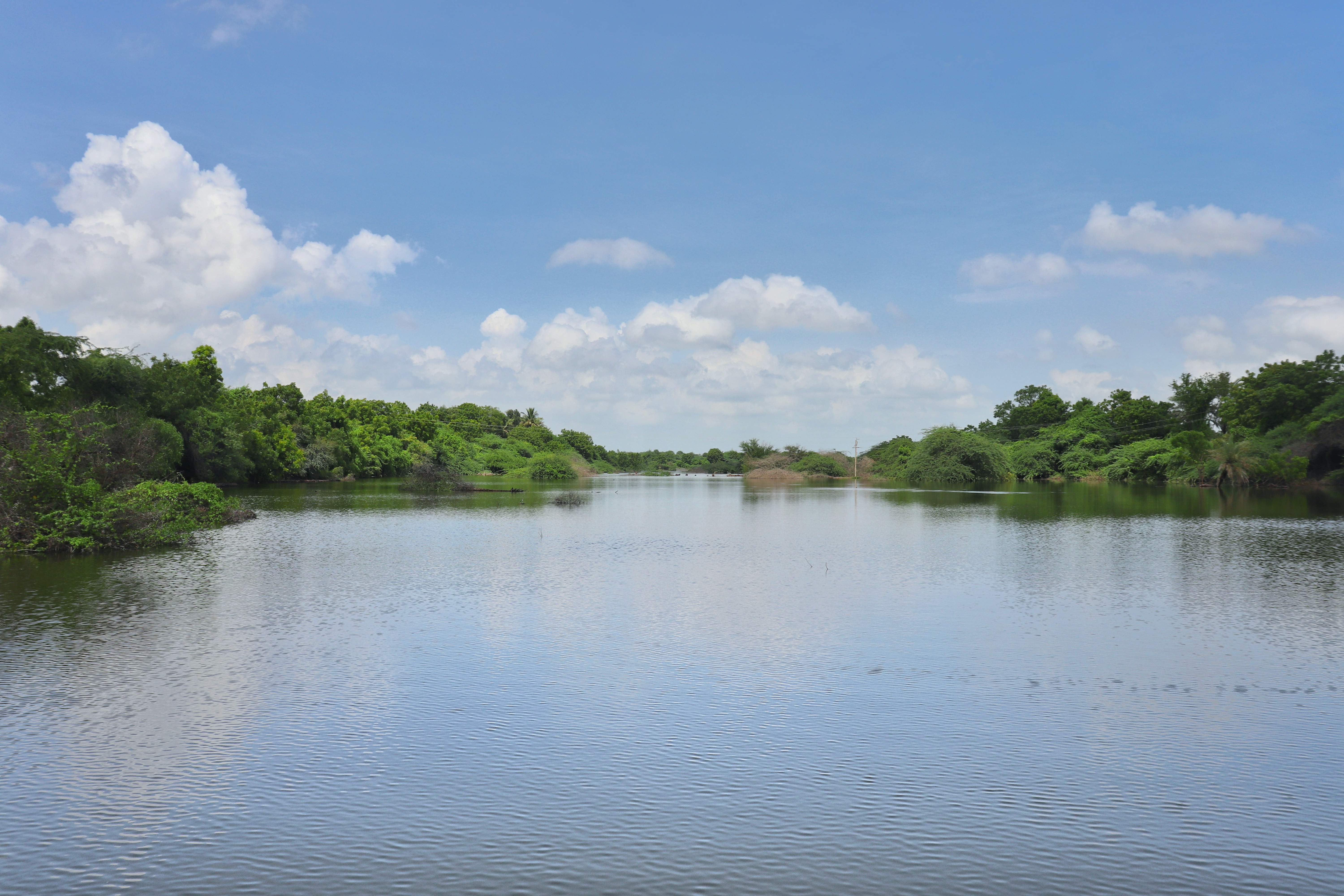Of late, humankind is witnessing unprecedented climatic phenomena manifesting in the form of rising global temperatures, leading to extended summers, shortened winters and erratic rainfall. Occurrences of landslides, flooding of inhabited areas and drought-like situations are the added complications of the byzantine problem of ‘Climate Change’.
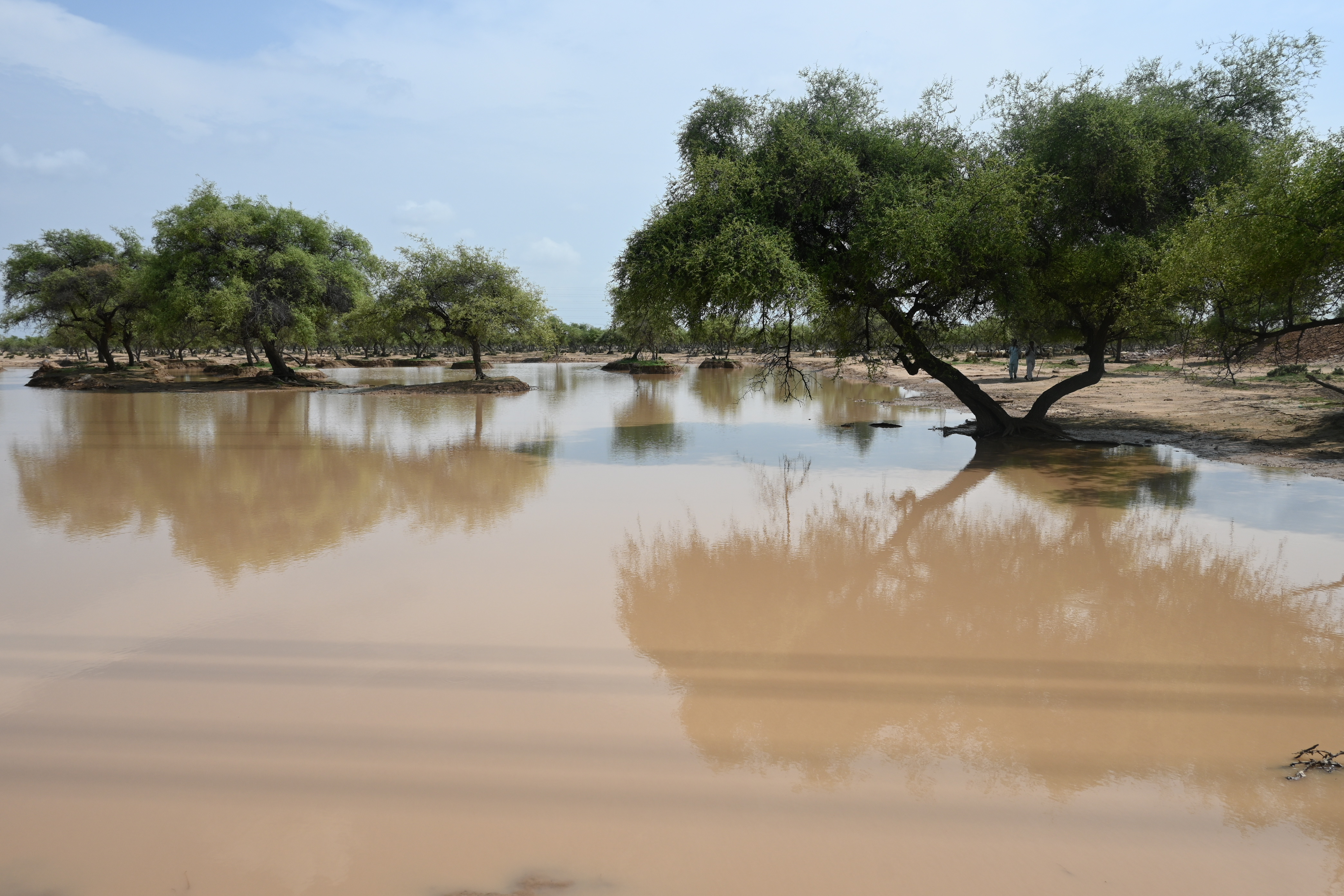
Today, nobody is untouched by the consequences of climate change. If left unchecked, this could have far-reaching impacts in the form of extreme weather patterns and rising sea levels which may trigger mass migrations, leading to economic instability across the globe. As the issue concerns all, it becomes imperative to initiate action at all levels to reduce the risks posed by the challenge.
The Adani Foundation has consciously chosen to contribute towards the measures being taken worldwide to ensure a cleaner, greener, and sustainable future. It has been relentlessly working to cover barren lands under green cover through plantation drives and raising awareness about the importance of green cover through distribution of fruit saplings and conducting community campaigns for tree plantation. Promotion of water conservation through water augmentation has been the mainstay of the Foundation’s endeavors which is augmented by constant encouragement to farmers to adapt climate-resilient farming practices. Efforts are also being made to raise awareness on segregation and proper disposal of domestic waste and promotion of green sources of energy at the grassroots.

Increasing Green Cover
Tree plantation is one of the most affordable ways to remove greenhouse gases from the atmosphere. As part of the Adani Group’s pledge to plant one hundred million trees by 2030, the Foundation has already planted 1.44 million trees until now and is working on the plan to achieve 6.2 million plantations by 2030. The approach adopted is to plant native species that can survive in local climatic conditions and enrich biodiversity while creating employment opportunities for the local communities. Several ambitious projects have been undertaken on these lines that reiterate Foundation’s commitment towards the cause.
The Foundation’s flagship project of mass afforestation at Taranga hills in Mehsana district of Gujarat is one such initiative that will witness 400 Ha of hilly terrain brought under green cover through dense plantation. In phase-1 of this project, plantation has been achieved on 50Ha land parcel with the plantation of 1.29 lakh trees belonging to 35+ species. In phase-II of the project, the remaining 350 Ha will be brought under green cover through plantation of over six lakh trees.
Several other plantation initiatives have been undertaken in the semi-arid areas of Kutch, Gujarat. The Bhuj Smriti Van is a unique project initiated in collaboration with the state government in memory of the victims of the earthquake in 2001. The project features an ecological park spanning twenty-four acres co-developed by stakeholders. In this park, the Adani Foundation has supported the development of 3 acres with over 41,000 trees belonging to 90+ species planted following Miyawaki method.
In addition to this, the concept of Adani Van has been pioneered as a PPP model to develop barren lands into lush green parcels through massive public plantation drives. In FY 2023-24, four such parcels were developed, and over 46,000 saplings planted.
Enhancing BiodiversityThe Foundation has undertaken comprehensive efforts to protect and enhance mangrove ecosystems. A multi-species mangrove biodiversity park (13 Ha) has been established at Mundra, Gujarat, in collaboration with Gujarat Institute of Desert Ecology. The project has achieved mangrove plantation on a 162 Ha parcel with 7.42 lakh saplings and in the process, provided livelihood opportunity to fisherwomen during off-season, who chip in by raising the nursery and supplying mangrove saplings for plantation under the project.

Densely populated urban agglomerations like Mumbai and Ahmedabad are the epicenters of carbon emissions. Looking at this, the Foundation has piloted the development of green patches in these cities. A biodiversity park (of approximately ten acres) has been developed in the heart of urban Ahmedabad, following the Miyawaki method. The project boasts of an impressive 2.2+ lakh trees that contribute to an annual CO2 equivalent of 3,000+ MT and an O₂ equivalent of 1,536 MT. Similarly, a biodiversity park has been developed in close collaboration with the local municipal body at Mira-Bhayandar located in Mumbai metropolitan region. The park spans 14000 sq ft and is home to 1500 trees.
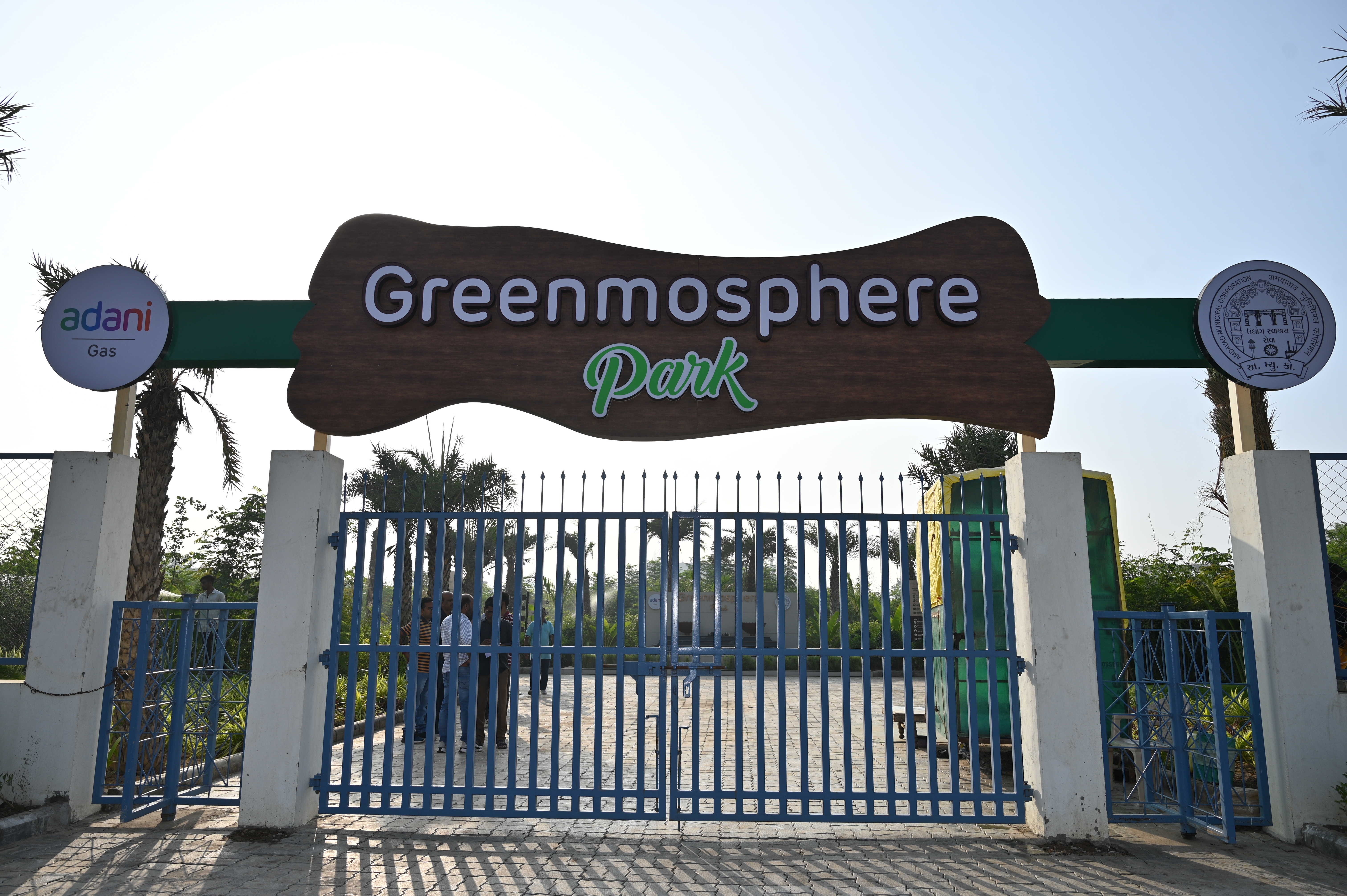
Another biodiversity park has been developed at Kunjed village in Baran, Rajasthan, which features over 20,000 trees belonging to 150+ species. Besides boosting the flora and fauna of the region, the park has generated employment of 25,000+ person-days.
Augmenting Water Availability
While reducing greenhouse gases is one of the key objectives, the Foundation is also working proactively to make communities water sufficient. Through collaborations with government departments, gram panchayats, farmers' groups, and community members, the Foundation facilitates the implementation of highly localized, comprehensive programmes, to ensure impactful outcomes. By construction and revival of ponds, rainwater harvesting and recharge of wells/borewells, the Foundation has created additional water storage capacity of 14.53 million cubic meters till date. This is equal to the yearly drinking water requirement of 99.51 lakh people!
In the year 2023-24 alone, excavation of 92 ponds, 6 check dams, 24 percolation tanks, streams and other activities were undertaken, leading to an increase in the additional storage capacity by 9.07 lakh cum that would benefit nearly 72,400 individuals.
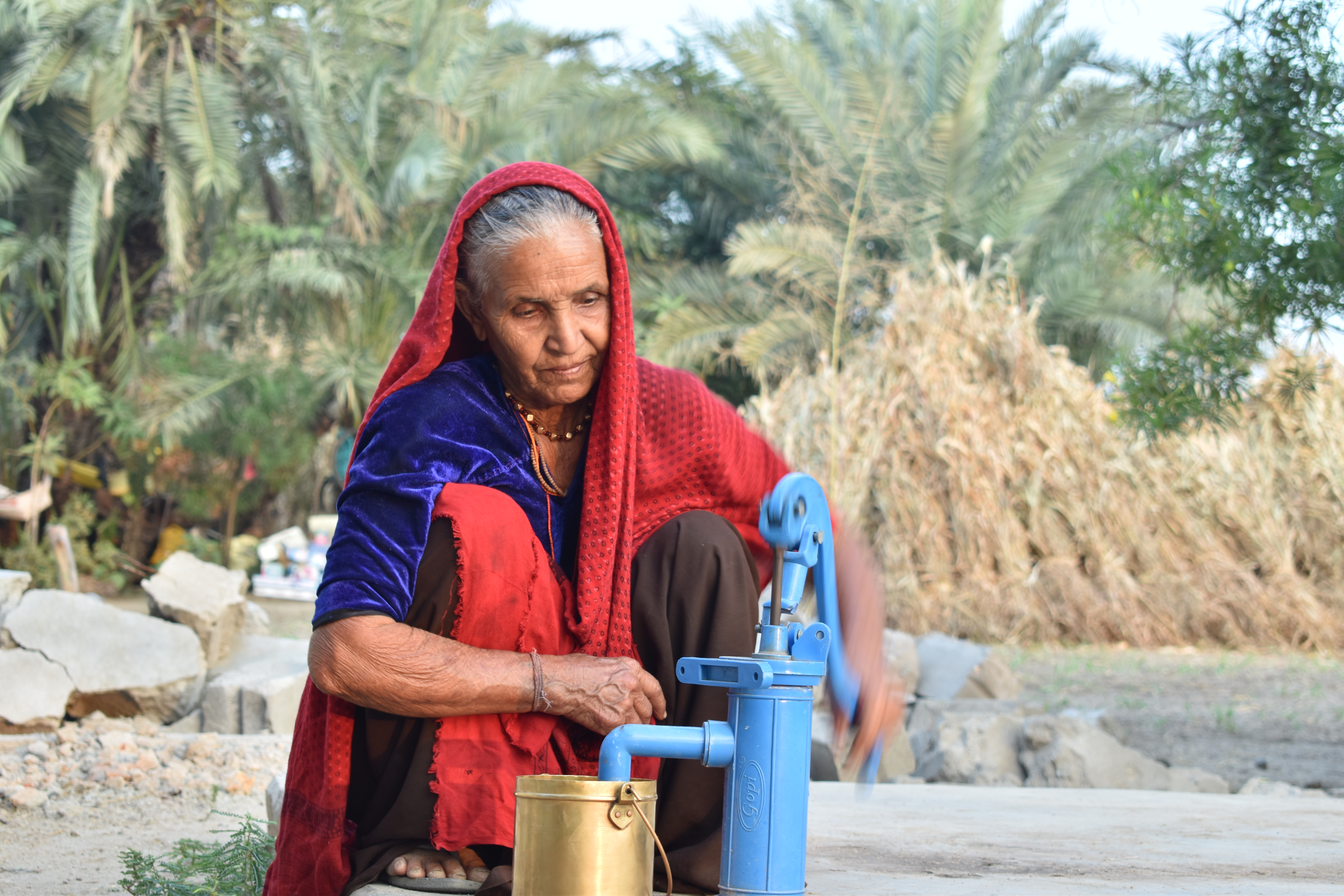
The Foundation’s initiatives in the semi-arid regions of Gujarat and Rajasthan are the epitome of its water augmentation efforts. A few districts of Rajasthan, particularly Jaisalmer, Barmer, and Bikaner are among the driest regions in India, with some areas receiving as little rain in a year as others do in a single day. The Foundation is spearheading water conservation activities in this region with active involvement of local communities to increase the accumulation potential of water bodies. In FY 2023-24, a total of 23 ponds were rejuvenated in this region, increasing the storage capacity by 1.47 lakh cubic meters. These efforts have benefited 5,000 local families and over 1.27 lakh cattle.
Likewise, Kutch district in Gujarat is a semi-arid region characterized by severe scarcity of water with usual annual rainfall varying between 350-450mm. The Foundation has made concerted efforts to bridge the gap between availability and demand of water. In FY 2023-24 alone, through its initiatives, the Foundation was able to create additional water storage capacity of 2.33 lakh cu.m. through initiatives involving repair and de-siltation of check dams at three locations, construction of 185 rooftop rainwater harvesting structures, 21 percolation wells and excavation of ponds at 13 sites. The recent initiatives have given an impetus to the efforts initiated by the Foundation a few years ago with an aim to address the alarming depletion of groundwater levels and reduction in water sources in various parts of Kutch.
Promoting Green Energy
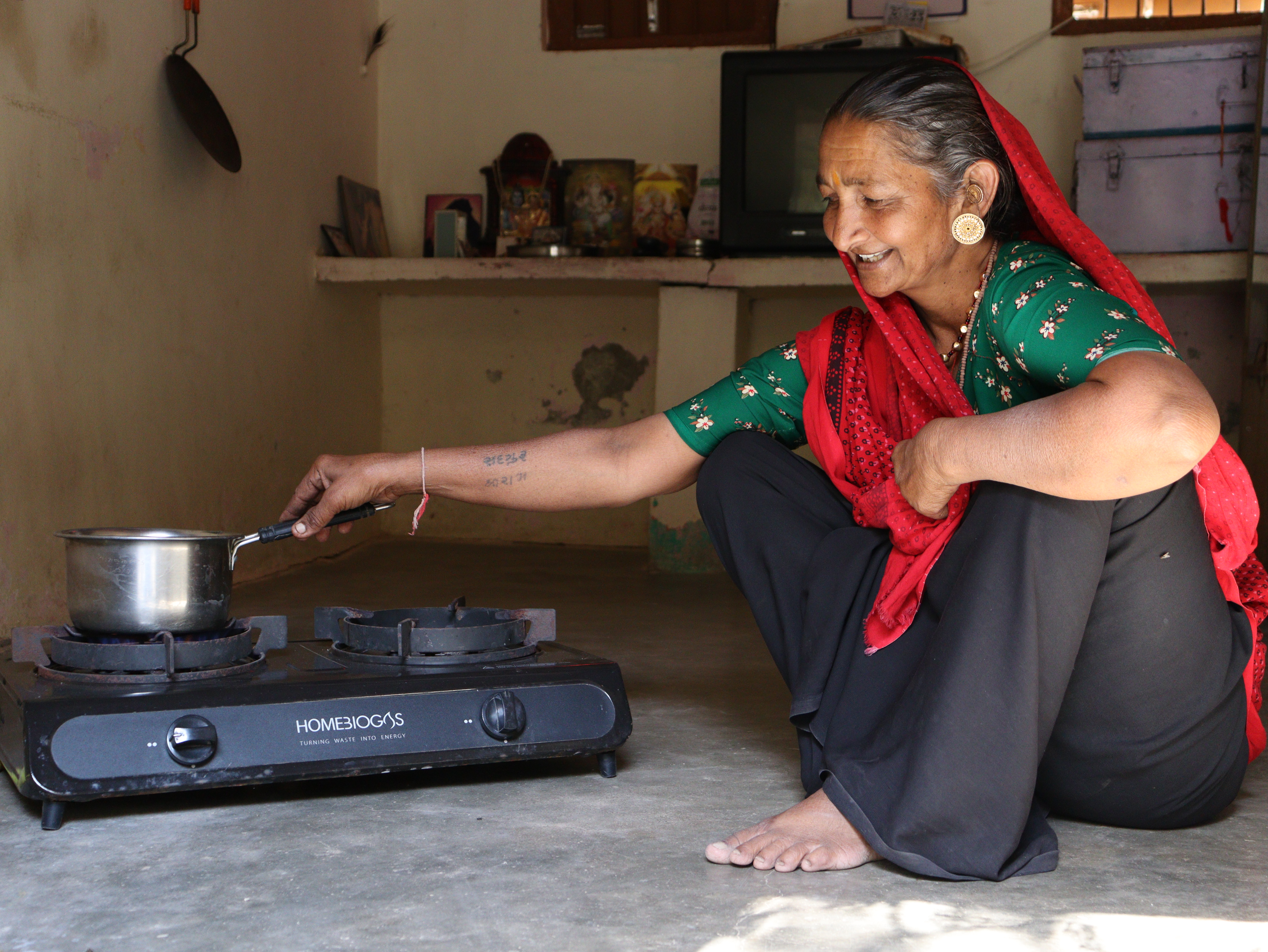
Reducing dependency on fossil fuels by switching to green energy is an excellent way to conserve energy. The Foundation actively promotes usage of solar energy among communities for their daily needs. In the last FY, it installed 140 kwp of solar modules that would generate an estimated 2,04,000 units of energy annually. Moreover, promotion of home biogas has also been piloted at few locations like Mundra, Tiroda (Maharashtra), Kawai (Rajasthan), and Singrauli (Madhya Pradesh) to encourage communities to switch to alternate, less polluting sources of energy for domestic purposes. Over 450 home biogas units have been installed at these locations.
To mitigate the threats posed by climate change, we need to act both collectively and consciously. When combined, individual actions can have widespread effects to create impactful outcomes. The Adani Foundation remains committed to working towards creating a sustainable future for generations to come.

